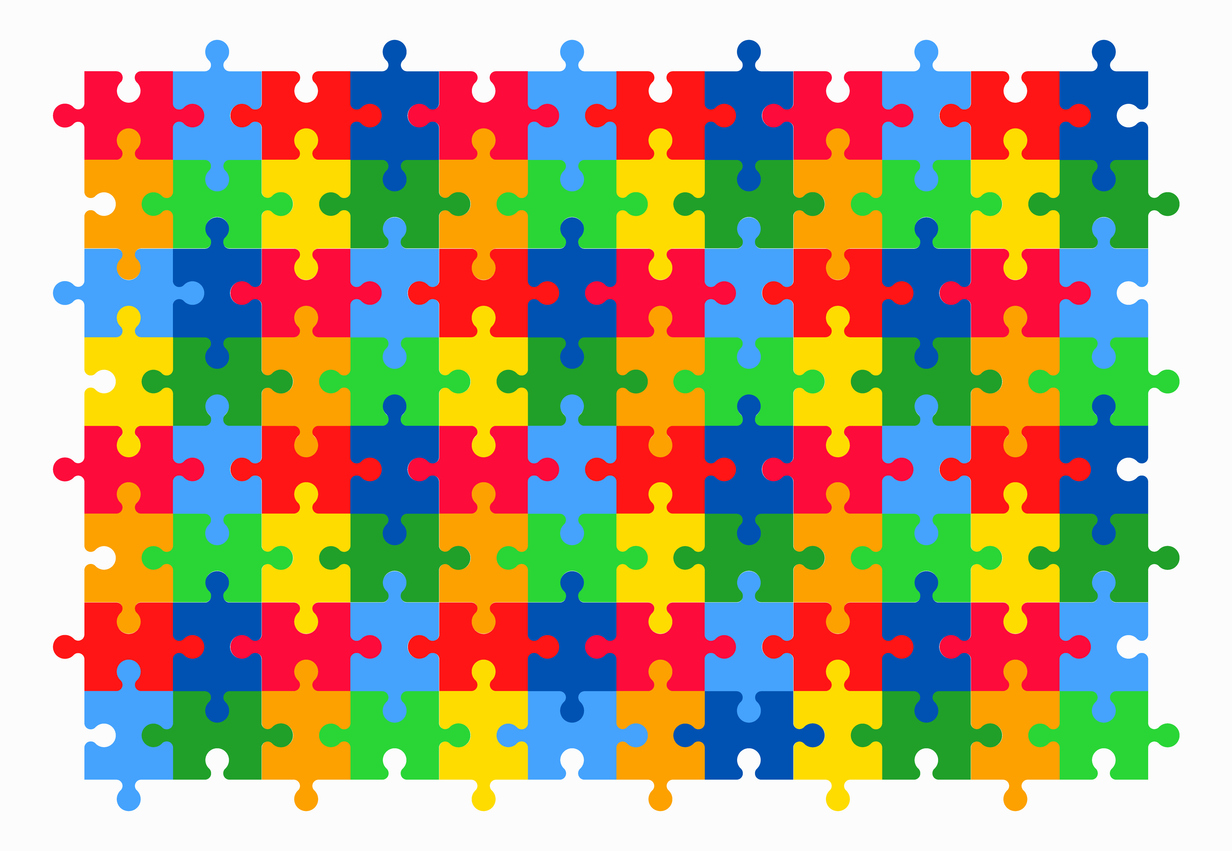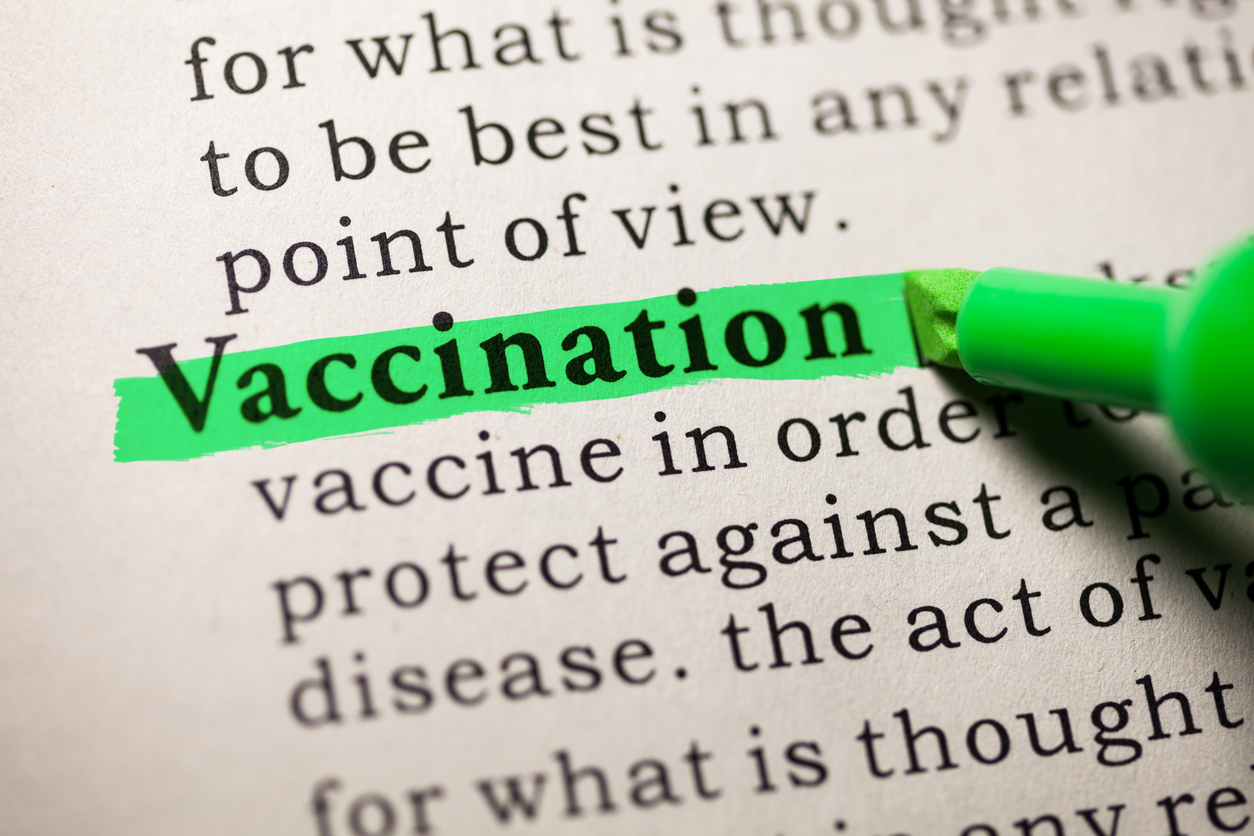2025-04-04
What if stem cells could speak autism?
Neurology
#Autism #StemCells #WJMSC #Neuroinflammation #InnovativeTherapies
Autism Spectrum Disorders (ASD) are characterized by impairments in communication, social interaction, and repetitive behaviors. Recent research highlights a central role of neuroinflammation and immune dysregulation in their development. Despite current educational and pharmacological approaches, no treatment effectively targets the biological causes of ASD.
Among emerging avenues, cell therapy is gaining increasing attention. Wharton’s Jelly Mesenchymal Stem Cells (WJ-MSCs), derived from the umbilical cord, are particularly promising. Easy to obtain, rich in immunomodulatory properties, and with low risk of rejection, these cells may help restore immune balance and support neural repair.
This study presents a detailed clinical case of a 4-year-old child with ASD who received six injections of WJ-MSCs (administered intrathecally and intravenously), alongside neuro-rehabilitation therapy. The goal? To evaluate the safety and efficacy of this innovative approach.
The treated child initially displayed severe communication and socialization issues, with a CARS score of 37. After six WJ-MSC stem cell administrations, this score dropped to 31, indicating a significant improvement in autistic symptoms. The Denver II test also revealed notable functional progress, with gains of +19 months in language and +8 months in gross motor skills.
No serious complications were reported over the two-year follow-up period. Mild and temporary side effects (such as pain and low-grade fever) were observed but resolved quickly. The combined intrathecal and intravenous administration appears to offer a dual action: one targeting the central nervous system, the other working systemically via the immune system.
While these results stem from a pilot study with a limited sample size, they suggest real therapeutic potential for WJ-MSC–based cell therapy in children with ASD.
ASD is a complex neurodevelopmental condition arising from intricate interactions among genetic, epigenetic, and environmental factors. While current therapies can help alleviate certain symptoms, they often fail to address the underlying biological mechanisms. In this context, exploring new therapeutic approaches that directly target ASD’s root causes has become increasingly crucial.
This study investigates the impact of Wharton’s Jelly stem cell transplantation, combined with neurodevelopmental rehabilitation, on restoring impaired functions in a young child with ASD. The goal is to assess whether this innovative strategy can improve communication, social interaction, and overall development—areas often severely affected in ASD.
The findings show a marked improvement in several developmental functions, good treatment tolerance, and no major adverse effects over a two-year period. Larger-scale cohort studies are needed to confirm these early results and assess their reproducibility. Key future challenges include identifying responder patient profiles, optimizing treatment protocols (number of injections, dosage, administration route), and integrating this therapy into a structured care pathway. This study represents a promising step forward in the development of targeted biological treatments capable of addressing the core mechanisms of ASD.
Autism Spectrum Disorders (ASD) are characterized by impairments in communication, social interaction, and repetitive behaviors. Recent research highlights a central role of neuroinflammation and immune dysregulation in their development. Despite current educational and pharmacological approaches, no treatment effectively targets the biological causes of ASD.
Among emerging avenues, cell therapy is gaining increasing attention. Wharton’s Jelly Mesenchymal Stem Cells (WJ-MSCs), derived from the umbilical cord, are particularly promising. Easy to obtain, rich in immunomodulatory properties, and with low risk of rejection, these cells may help restore immune balance and support neural repair.
This study presents a detailed clinical case of a 4-year-old child with ASD who received six injections of WJ-MSCs (administered intrathecally and intravenously), alongside neuro-rehabilitation therapy. The goal? To evaluate the safety and efficacy of this innovative approach.
Can cells really change the game?
The treated child initially displayed severe communication and socialization issues, with a CARS score of 37. After six WJ-MSC stem cell administrations, this score dropped to 31, indicating a significant improvement in autistic symptoms. The Denver II test also revealed notable functional progress, with gains of +19 months in language and +8 months in gross motor skills.
No serious complications were reported over the two-year follow-up period. Mild and temporary side effects (such as pain and low-grade fever) were observed but resolved quickly. The combined intrathecal and intravenous administration appears to offer a dual action: one targeting the central nervous system, the other working systemically via the immune system.
While these results stem from a pilot study with a limited sample size, they suggest real therapeutic potential for WJ-MSC–based cell therapy in children with ASD.
Read next: Tailored brain stimulation for autism?
One small step for a cell, one giant leap for autism?
ASD is a complex neurodevelopmental condition arising from intricate interactions among genetic, epigenetic, and environmental factors. While current therapies can help alleviate certain symptoms, they often fail to address the underlying biological mechanisms. In this context, exploring new therapeutic approaches that directly target ASD’s root causes has become increasingly crucial.
This study investigates the impact of Wharton’s Jelly stem cell transplantation, combined with neurodevelopmental rehabilitation, on restoring impaired functions in a young child with ASD. The goal is to assess whether this innovative strategy can improve communication, social interaction, and overall development—areas often severely affected in ASD.
The findings show a marked improvement in several developmental functions, good treatment tolerance, and no major adverse effects over a two-year period. Larger-scale cohort studies are needed to confirm these early results and assess their reproducibility. Key future challenges include identifying responder patient profiles, optimizing treatment protocols (number of injections, dosage, administration route), and integrating this therapy into a structured care pathway. This study represents a promising step forward in the development of targeted biological treatments capable of addressing the core mechanisms of ASD.
Read next: How about recharging the batteries?

Last press reviews
Vaccine vs. SMC: rivals or partners?

#MalariaVaccine #R21MatrixM #Malaria #Vaccination #SMC #InsecticideTreat...
A race against time for a vaccine?

#PfSPZ #Vaccination #Malaria #Immunogenicity <br><br><br>...
Birch allergy: could one shot change everything?

#AllergicRhinoconjunctivitis #IgG4 #Allergoid #BirchPollen #Immunotherap...